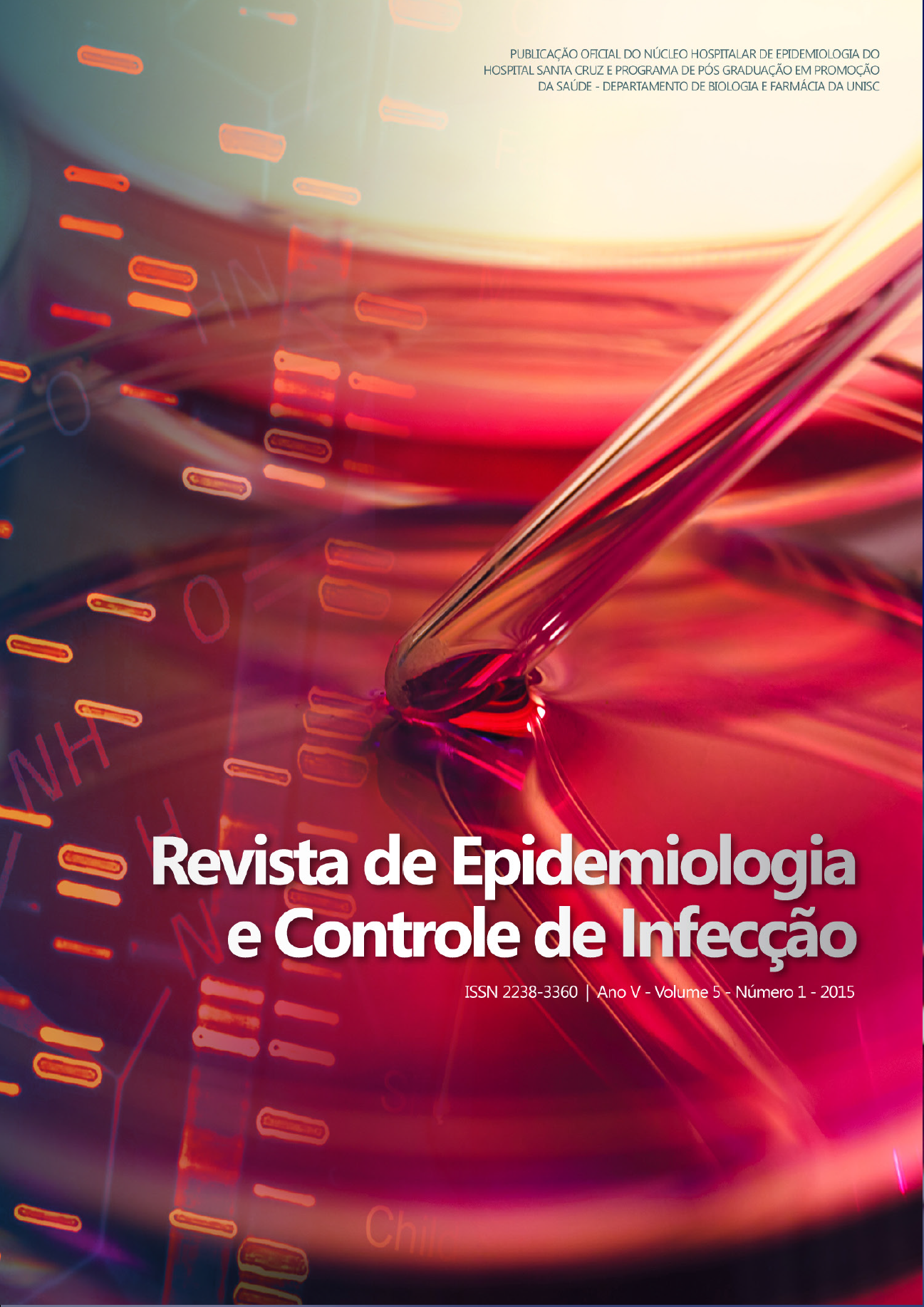Food insecurity influence on the socio-economic profile and costs of living.
DOI:
https://doi.org/10.17058/reci.v5i1.4703Abstract
Background and Objectives: this research is needed because when compared with the men the woman is more susceptible to food insecurity, as a consequence of the precarious access to income. Regarding the relevance of nutrition, socio-economic conditions and the access to health care, this research will contribute in quality of life, considering that the food insecurity could decline the welfare and cause uncertainty of the food supply. Consequently, this research aims to establish the relation between food insecurity and the socio-economic profile of women who have been attended in the Santa Maria’s primary healthcare, also verifying the costs of life. Methods: descriptive quantitative research with primary data collection, conducted with adult and elderly women seen in primary healthcare in Santa Maria / RS. Data collection took place from March to April 2013. The Researcher did a questionnaire that filled out the Interview within the Brazilian Food Insecurity Scale (EBIA). Results: Overall, participated 100 women between 19 and 77 years old, with an average age of 44,13 (±16,33) years old. The prevalence of marital status was 55% stable marriage and the occupation prevalence was 31% housewife. The higher cost with nutrition was 79%. Conclusion: Despite years of study be equal to or greater than eight years can be observed presence of mild food insecurity. Keywords: Income. Women. Educational Status. Marital Status. Social vulnerability.Downloads
Downloads
Published
How to Cite
Issue
Section
License
The author must state that the paper is original (has not been published previously), not infringing any copyright or other ownership right involving third parties. Once the paper is submitted, the Journal reserves the right to make normative changes, such as spelling and grammar, in order to maintain the language standard, but respecting the author’s style. The published papers become ownership of RECI, considering that all the opinions expressed by the authors are their responsibility. Because we are an open access journal, we allow free use of articles in educational and scientific applications provided the source is cited under the Creative Commons CC-BY license.


